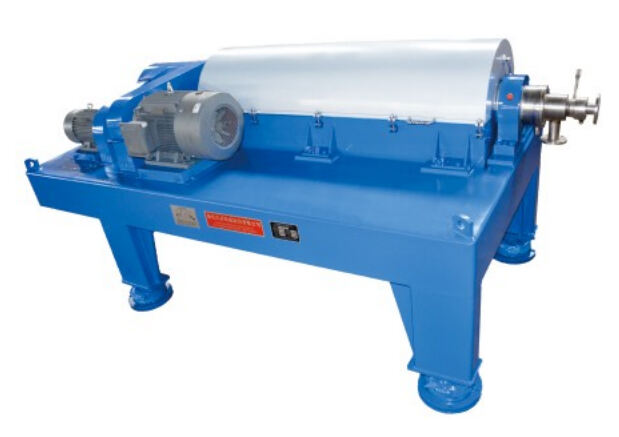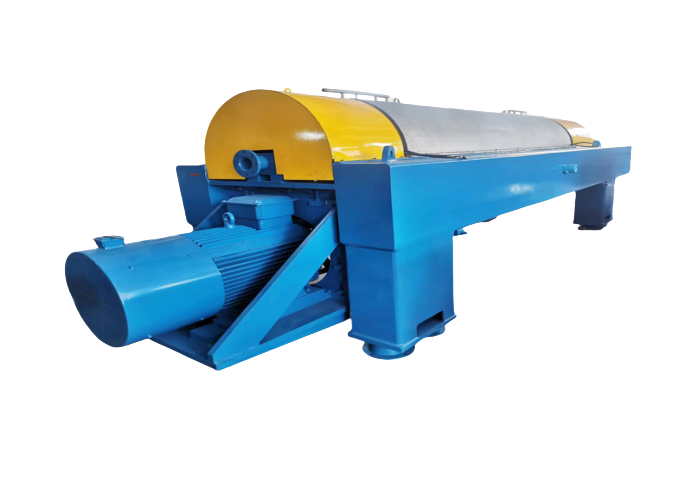edible oil separation technology
Edible oil separation technology represents a sophisticated process designed to efficiently separate and purify various components of edible oils. This advanced technology utilizes multiple stages of separation, including physical, chemical, and mechanical methods to achieve optimal results. The process begins with crude oil intake and progresses through several key stages, including degumming, neutralization, bleaching, and deodorization. The technology employs state-of-the-art centrifugal separation systems, membrane filtration, and molecular distillation techniques to ensure the highest quality output. Modern edible oil separation systems are equipped with automated controls and precise monitoring capabilities, allowing for real-time adjustments and quality assurance throughout the separation process. This technology is particularly valuable in the food processing industry, where it serves to remove unwanted substances such as free fatty acids, phospholipids, pigments, and other impurities from crude oils. The versatility of this technology allows it to handle various types of edible oils, including vegetable, seed, and nut oils, making it an essential component in modern oil processing facilities. The system's efficiency is enhanced by its ability to maintain optimal temperature and pressure conditions throughout the separation process, ensuring consistent quality while minimizing energy consumption and operational costs.


